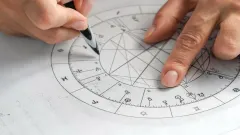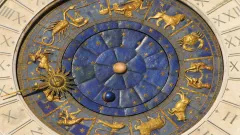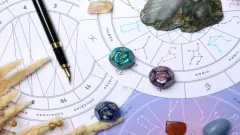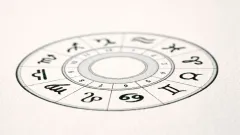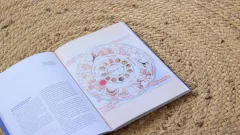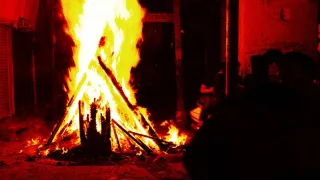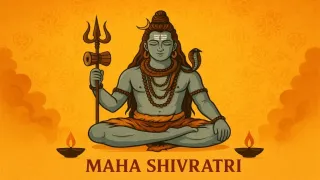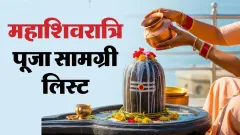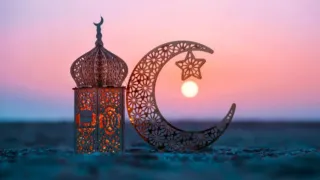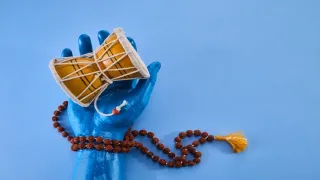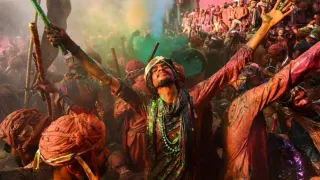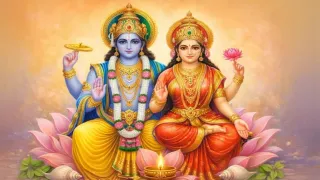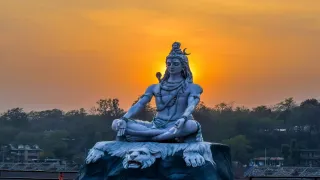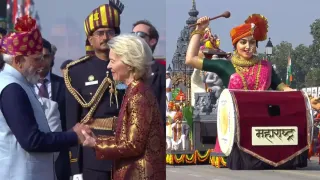With Diwali celebrations gradually drawing to a close, the festival of Bhai Dooj, also known as Yama Dwitiya, graces the Hindu calendar, celebrating the bond of love, trust, and protection between siblings. This year, Bhai Dooj falls on Sunday, November 3, 2024, and brings with it cherished rituals, heartwarming stories, and a day dedicated to familial unity and blessings.
Bhai Dooj 2024: Date and Tilak Muhurat
The auspicious Dwitiya Tithi, or second lunar day, begins at 8:21 PM on November 2 and ends at 10:05 PM on November 3. As per Hindu tradition, the main observance takes place on November 3, following the principle of Udaya Tithi (observance during the daylight hours), making this the primary day of celebration.
The recommended tilak muhurat (auspicious time for the tilak ritual) falls between 1:10 PM and 3:22 PM. This 2-hour and 12-minute window is the ideal time for sisters to apply a protective tilak to their brothers, invoking blessings for their health, longevity, and prosperity.
Bhai Dooj 2024 Significance

Image Source: Twitter
Bhai Dooj signifies much more than a festive celebration—it embodies a profound bond of love, blessings, and respect between siblings. During the ritual, sisters pray for their brothers’ success and well-being by applying a sacred tilak on their foreheads, while brothers reciprocate their love by presenting thoughtful gifts.
The festival’s origins trace back to ancient tales of Yamaraj, the god of death, and his sister, the river goddess Yamuna. According to Hindu mythology, Yamaraj visited Yamuna on this day, where she warmly welcomed him with a meal and her heartfelt hospitality. In gratitude, Yamaraj blessed her, promising that any brother who receives a tilak from his sister on this day would enjoy a long and prosperous life. Since then, this ritual has become a cherished tradition, symbolizing the enduring care and protection shared by siblings.
Bhai Dooj 2024 Rituals
Enthusiastically celebrated across India, Bhai Dooj is often likened to Raksha Bandhan due to its focus on sibling love. Known by various names in different regions—such as Bhai Phota in Bengal, Bhau Beej in Maharashtra, and Bhai Bij in Gujarat—the festival highlights the importance of family ties and brings relatives together to share in the joy.
The day is filled with special traditions and activities. Families prepare traditional sweets, perform prayers, and gather to enjoy each other’s company. Sisters often cook their brothers’ favourite dishes as part of the celebrations, while exchanging gifts and blessings cements the spirit of togetherness. This festival brings families warmth, joy, and a deep sense of unity.
Bhai Dooj 2024: Myths

Image Source: Twitter
Bhai Dooj has many enduring legends associated with it. A popular story highlights Lord Krishna and his sister Subhadra. After Krishna’s victory over the demon Narakasura, he visited Subhadra, who welcomed him with an aarti, applied a tilak, and prayed for his protection. This tale serves as a testament to the care and support that siblings offer each other.
Another well-known legend tells the story of Yamaraj’s visit to his sister Yamuna. She performed an aarti, applied a tilak, and spent the day with him in joy and happiness. Moved by her devotion, Yamaraj blessed her, promising that any brother receiving a tilak from his sister on Bhai Dooj would lead a long life. This tale adds a divine touch to the festival, symbolizing the unique blessings and security that siblings impart.
Bhai Dooj is more than a traditional celebration; it’s a reflection of the powerful bonds that exist within families. The festival encourages us to appreciate our loved ones and honour the unique sibling relationships that bring joy, support, and strength to our lives. Through rituals steeped in love and traditions passed down for generations, Bhai Dooj reminds us to cherish the people who play irreplaceable roles in our journey.
Also Read: Diwali 2024 School Holidays: Find Out Which Days School Will Be Closed




